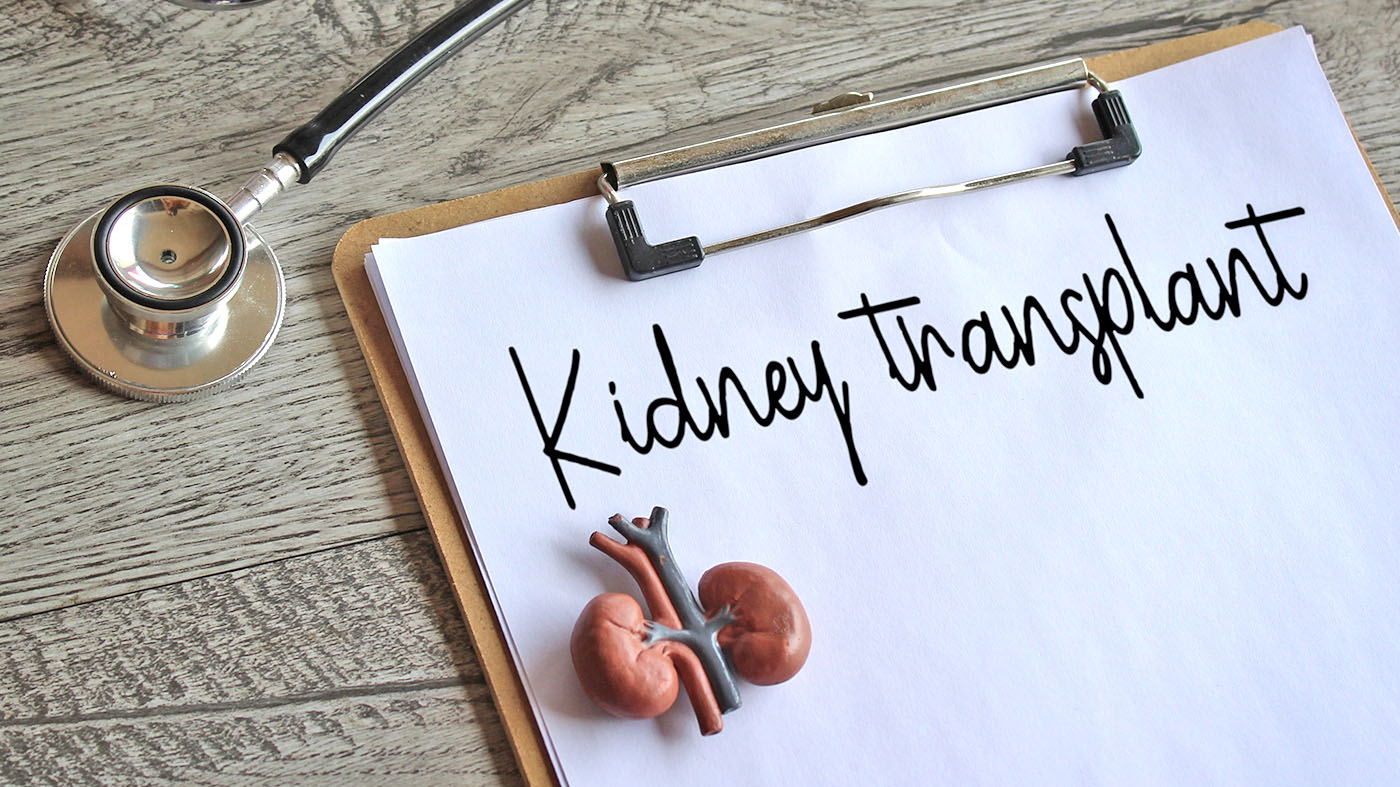Women Veterans deserve the best care anywhere. If you are a Veteran and pregnant, you can continue to get the pregnancy care you need, even during the COVID-19 pandemic. But as you do, here are some things about pregnancy and COVID-19 to keep in mind.
Distancing + pregnancy = stress
Physical distancing and patient safety requirements can create unique challenges when you’re pregnant. You may have to go through labor and delivery without a loved one being present. Your family may not be able to visit you when the baby is born. Your access to prenatal care, childbirth preparation classes and your chosen delivery hospital may have changed. Plus, you might be facing other stresses, mental health concerns or reminders of difficult experiences from your time in service.
VA can help
Fortunately, VA has resources to help you, starting with VA maternity care coordinators, who understand your needs and can support you through every stage of your pregnancy. There is also a women Veterans program manager at every VA. Her job is to help you connect to every service you might need, including primary care, pregnancy care, mental health care and more.
Stay healthy
It’s important to work closely with your health care team to stay healthy while you’re pregnant. Here are some ways to do that:
- Stay in touch with your VA maternity care coordinator, who can help make sure you’re supported and informed throughout your pregnancy.
- Keep your prenatal care appointments and postpartum If you’re concerned about safety due to COVID-19, talk with your health care provider.
- Call your health care provider if you have an urgent medical issue or concern.
- Delivering your baby is always safest under the supervision of trained health care. If you have questions about the best place to deliver your baby, discuss them with your health care provider.
- Follow CDC recommendations for avoiding exposure to COVID-19, including physical distancing, covering your nose and mouth in public, and frequent hand washing or use of hand sanitizer.
Find ways to communicate
Do your best to stay connected by communicating with your health care team and the people in your life who are closest to you.
- Keep close communication with your VA maternity care coordinator.
- To reach your VA providers and request phone or video visits with them, you can use Secure Messaging in MyHealtheVet.
- If your non-VA providers, such as your obstetrician or midwife, have secure email services, consider signing up so you can get messages and questions to them quickly.
- Reach out to loved ones for video chats on a smartphone or tablet that you can bring with you to a labor and delivery room.
Plan ahead
Make plans for labor and delivery well ahead of time, so you don’t have to think about what to take and what to do while you’re packing to go to the hospital.
- Pack in advance what you’ll need to bring during labor and delivery—including a charger for your phone or tablet.
- Bring things that will help you relax. For example:
- Pictures of loved ones, including pets.
- Favorite music or soothing sounds.
- Post-its or notecards with encouraging statements.
- Be aware of what may cause you the most distress during labor or postpartum and find out your options ahead of time. For example:
- If you’re concerned about pain or the effects of pain medications, ask about options.
- If it upsets you to lie on your back, ask if you can deliver in another position.
- Ask if it’s okay to take “as needed” anti-anxiety medication during labor.
- If you’re wondering about the safety of breastfeeding or have concerns about caring for the baby, choose a pediatrician and ask questions before your baby is born.
- Consider writing down requests and preferences to share with hospital staff when you arrive.
For more information
- Call the Women Veterans Call Center at 1-855-VA-WOMEN (1-855-829-6636) Monday through Friday from 8 a.m. until 10 p.m. ET and Saturday from 8 a.m. until 6:30 p.m. ET
- Centers for Disease Control (CDC) COVID-19 pregnancy page: https://www.cdc.gov/coronavirus/2019-ncov/need-extra- precautions/pregnancy-breastfeeding.html
- More information about COVID-19 in pregnancy and breastfeeding: ACOG’s Coronavirus (COVID-19), Pregnancy and Breastfeeding: A Message for Patients
- To learn about the VA Office of Health Equity, visit: https://www.va.gov/HEALTHEQUITY/index.asp
Dr. Ernest Moy is the executive director of the VA Office of Health Equity.
Topics in this story
More Stories
Army Veteran Gregory Zielsdorf recounts his experience on the kidney donor list and through the transplant surgery.
Spinal cord stimulation implantation helps Veterans suffering from chronic pain improve their quality of life without narcotics.
After Addison’s Disease and lumbar spine surgery, nurse Veteran Gayle Smith re-learned how to ski. “You have more courage than you think.”








